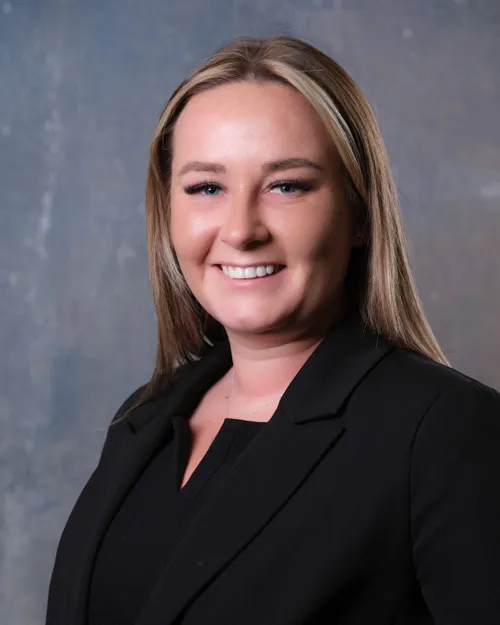Our financial settlement solicitors have experience of protecting assets during divorce proceedings and the knowledge to act quickly. This situation usually arises when one spouse, usually the financially weaker spouse, becomes aware or concerned that the financially stronger spouse will do something with an asset to prevent them from getting a fair financial settlement. This can include giving assets away to friends and family, selling property and attempts to transfer assets overseas.
Freezing orders are a type of injunction made by a court to prevent a spouse disposing of or dealing with assets. Freezing orders are made infrequently and are scrutinised carefully by the court as they are made on the basis that something might happen, not that it has, and they may have a financial impact on unrelated people such as business partners or innocent third parties transacting in good faith.
This is a complicated area of law and you need urgent legal advice about your prospects of success; applications can be costly and costs orders can be made against people who have applied for them without due cause.
What assets can be protected?
The orders can be quite far reaching but often they include:
- Property
- Bank accounts
- Business Assets
- Shares
What does the court consider when it is being asked to make a freezing order?
A judge being asked to make a freeing injunction will consider whether you have a good arguable case on the merits, which must have a plausible evidential basis, there must be a real risk that assets will be dissipated if the order is not made and it must be just and convenient to grant the order. These are all highly technical points and you will need specialist legal advice.
When can I apply for a freezing order?
Freezing orders can be applied for before financial order proceedings are issued but can also be made during proceedings. You will be required to produce full financial disclosure
Do I have to tell my spouse I am planning to apply for a freezing order?
No it is possible to make the application on a without notice basis. This could be justified if there was a real concern that if the other spouse learnt you were taking steps to stop a disposition it would cause them to act quickly to negate and undermine the effects of any order.
My spouse has already gotten rid of assets to stop me getting them in a divorce. What can I do?
It is possible to set aside transactions if the disposition took place within three years from the date of the application using an avoidance of disposition order. Contact our specialist financial solicitors if you want help with this problem





































